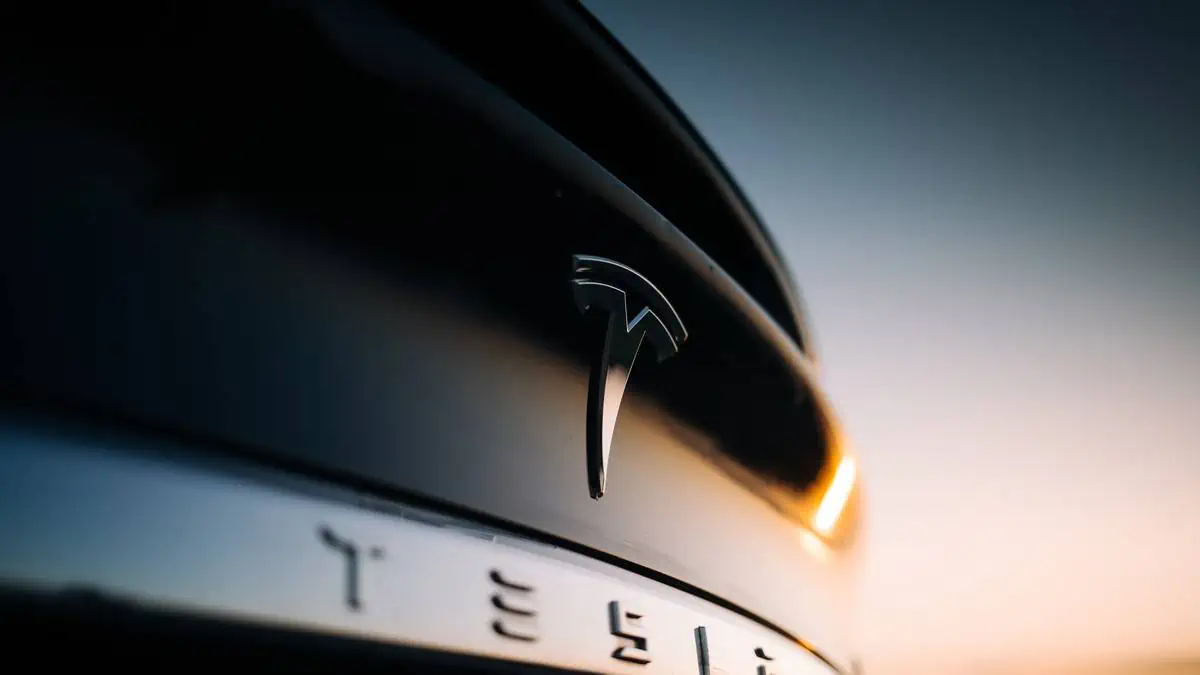Tesla CEO Elon Musk once more expressed his opinions on Twitter regarding Moody’s, the largest credit rating agency in the world.
The highest rating among junk ratings, Ba1, was given to Tesla by Moody’s Corporation despite the firm’s significant growth in the automotive industry, according to Teslarati. Thus, making investors in Tesla feel disappointed that rating agencies gave their favorite company’s credit junk status.
Tesla retail investors found the Ba1 rating from Moody’s questionable, particularly those highly active on Twitter. One of these was retail investor Alexandra Merz, who inquired about the issue with Moody’s.
Rene Lipsch, a Moody’s analyst, answered Alexandra Merz by pointing out that Tesla’s junk status is caused by more qualitative than quantitative considerations. In addition, the firm’s limited product lineup was mentioned by Lipsch, among other elements contributing to Moody’s rating.
To provide better access, here is the analyst’s response in full.
| Dear Mrs. Merz, Thank you for reaching out to us. For reference, I copied below our considerations for an upgrade of Tesla (see press release January 24 h). The considerations are not so much of a quantitative nature, but more qualitative. Importantly, we are looking for a broadening of the company’s product lineup. Today, Tesla remains narrowly reliant on primarily two models, albeit highly successful ones. Note also in this respect that one of the models was first introduced in 2017. More concrete prospects for a broader vehicle lineup would be regarded as a positive development in this respect. The ratings could be upgraded if Tesla successfully expands its global footprint, maintains a strong competitive global presence as other automakers offer an increasing number of battery electric models, and improves its product breadth. Tesla’s ability to sustain an EBITA margin of at least 7% (measured excluding the contribution from emission credits), and a consistent, prudent financial policy are also important considerations for higher ratings. Further, Tesla will need to maintain very good liquidity, including ample cash and considerable committed availability under its revolving credit facility. Best regards, Rene |
Several prominent retail TSLA investors, like YouTube content creator Dave Lee, were immediately drawn to Moody’s answer, calling the argument that Tesla is not investment grade “ridiculous.” Lee’s post was then replied to by Musk, who said that “Moody’s is irrelevant.”
Tesla Board Member Hiro Mizuno also argued that the firm’s product lineup should not be all that important, as many businesses often see explosive growth with just one successful product.
Ironically, Moody’s Rene Lipsch responded positively when asked if he valued a concentrated, organized approach to EVs, like the one taken by Tesla and now followed by Ford. In fact, he said that he approves of the company’s choice to target a few automotive markets with a small number of focused EVs during Bloomberg’s virtual discussion.
The junk rating of Moody’s Corporation is seriously questionable, not just for Tesla retail investors but for everyone who are knowledgeable in the industry, given the huge development of Tesla in the electric vehicle sector. Nevertheless, Tesla’s success was undeterred by that subpar rating.






